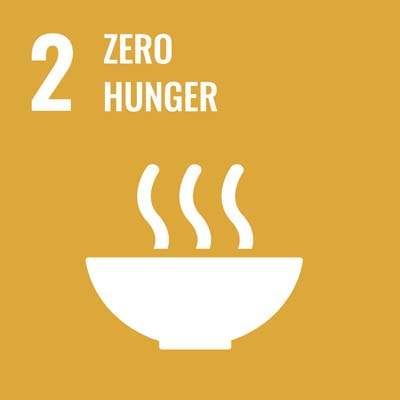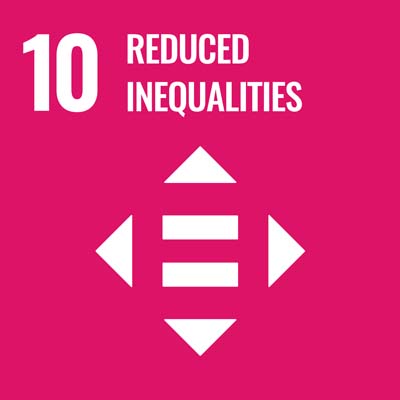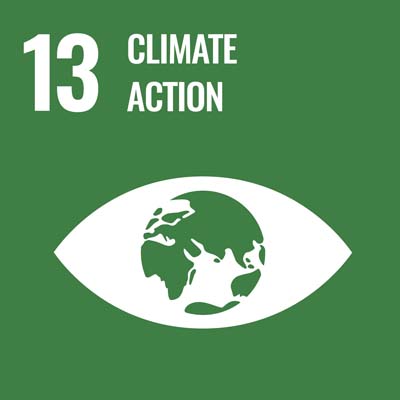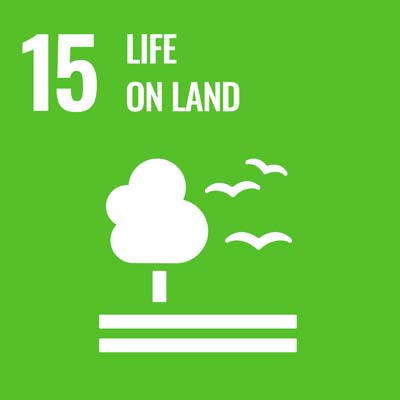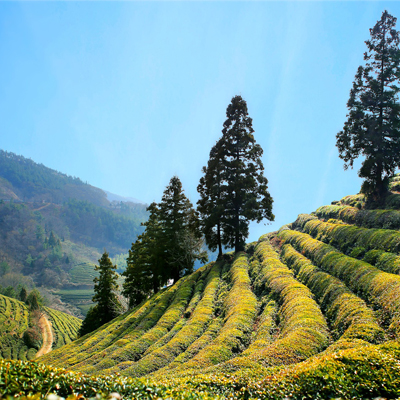- DatesOctober 2022-September 2025
- SponsorNatural Environmental Research Council
- PartnersKenyatta University (Kenya), Rainforest Alliance, ekaterra
Plantation ecosystems underpin production of a range of commodities, including tea and coffee, but suffer from multiple environmental challenges, such as high greenhouse gas emissions from fertiliser inputs, declining soil health, and the impacts of climate change, collectively affecting farmer and community livelihoods.
Regenerative agriculture is a suite of environmental solutions that can restore productive, healthy and resilient ecosystems, supporting everything from healthy soils to biodiversity, offering benefits at ecosystem and landscape scales, and to communities. Adoption is disparate but there are opportunities to bring together and transfer scientific understanding to local communities, and combine with local knowledge and perspectives, to bring together wider benefits across spatial scales. It is important to incorporate the social perspective to broaden the narrative from the core environmental benefits and trade-offs, to address adoption challenges and issues of equity for marginalised farming groups.
We aim to address this challenge by:
- Co-developing a toolkit with farmers, agribusinesses to share and synthesise knowledge, experiences and benefits of regenerative farming in East Africa;
- Establishing a regional regenerative farmers' network to exchange best practice, learn from peers, build community and support small holders.
This project aligns closely with the UN's Sustainable Development Goals, including Zero Hunger (SDG2), Reduced Inequalities (SDG10), Climate Action (SDG13) and Life on Land (SDG15).
Progress update
Our project is proceeding in four stages:
- Evidence synthesis for the benefits and trade-offs of regenerative principles for tea and coffee;
- Development of a farmer-researcher-NGO-policymaker network for regenerative agriculture in East Africa;
- Toolkit co-development workshops in 2023, 2024 and 2025;
- Measuring and monitoring benefits for Kenyan farmers.

